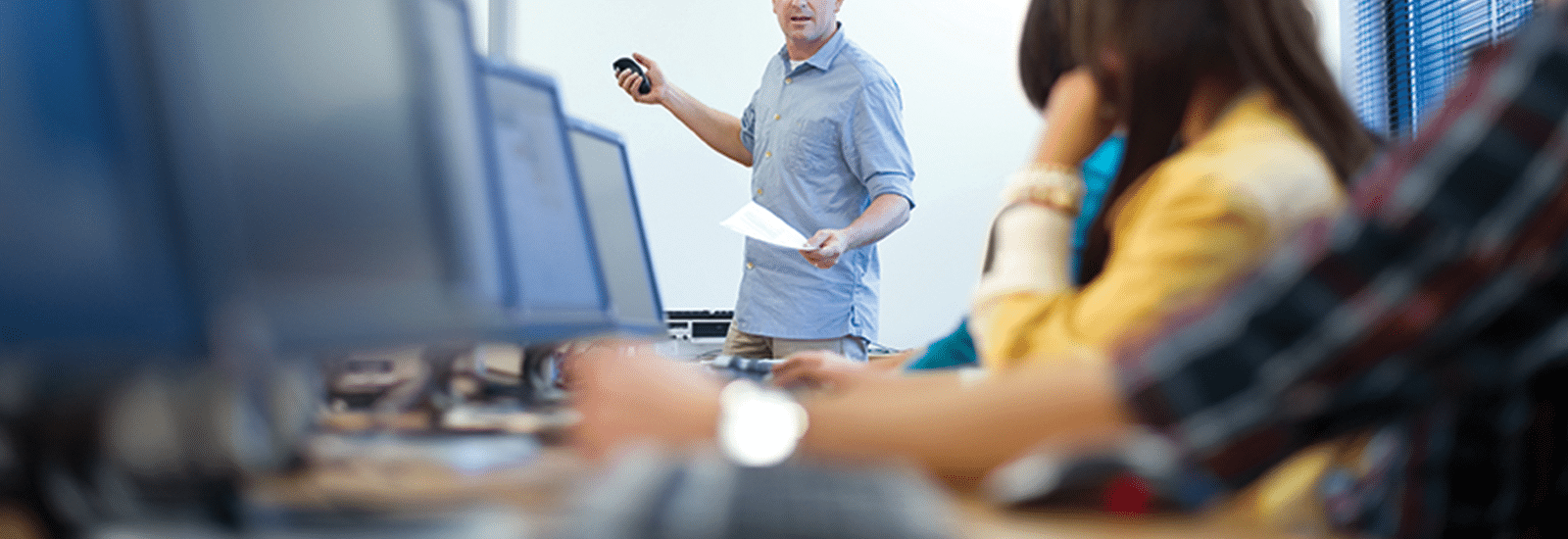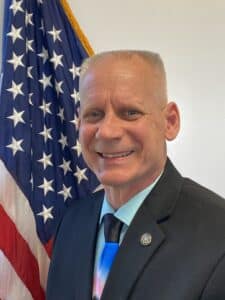
Meet the Magnet Forensics Training Team: Mitch Kajzer
Tell us about your life before becoming a Trainer.
Prior to joining the Magnet Forensics team, I spent 35 years in law enforcement and 12 years as a professor at the University of Notre Dame. Most of my career was spent with the St. Joseph County (IN) Prosecutor’s Office where I created the Cyber Crimes unit and was the Director. This unit was made up primarily of Notre Dame students who were sworn in as investigators and conducted digital forensics exams on law enforcement investigations in our area. In my role as a professor at Notre Dame, I taught academic courses related to digital forensics, technology investigations, information analysis, and the psychology of online offenders. In these positions, I was referred to as a “gun-toting forensic academic nerd.”
What made you want to be a Trainer?
For years I have been driven by the concept of mentoring and developing the next generation of students and investigators. I have been very fortunate and have had a unique career involving law enforcement and academia. This allows me to share my experiences, imparting knowledge and skills to individuals who can make a significant impact in their professional fields.
What type of training have you taken part in personally? What is your favorite part of the role?
I’ve participated in a wide range of professional training programs, including advanced courses in Windows forensics, mobile devices, cloud, and incident response. My favorite part of being a trainer is the hands-on aspect of teaching, interaction with students, and witnessing the moment a concept clicks for someone, especially when they realize how it applies directly to their work.
What excites you the most about a new class?
The prospect of meeting new students, each bringing their unique perspectives and experiences to the classroom, excites me the most. It’s the opportunity to not only educate but also learn from them, fostering a dynamic learning environment where everyone grows.
Do you ever learn anything from the students?
Absolutely. Every class teaches me something new, whether it’s a fresh perspective on a familiar topic, innovative applications of the tools we use, or insights into the evolving challenges they face in their work environments. This exchange of knowledge is invaluable. This also challenges me to stay at the top of my game. With the knowledge level that students bring into the classroom, trainers need to ensure that keep updated with new information.
Is there a particular moment that stands out the most to you in your career in the classroom?
While there have been many moments throughout the years, one occurred a couple of years ago while teaching AX200 at a police agency. We had just finished analyzing cached location data. During a break, a student in the class went into their lab and spoke with a supervisor about what they had just learned. During lunch, I watched as the student worked with the supervisor on one of their active case investigations using what the student had just learned in class. This led to several investigative leads for the case.
What do students get out of training in person that they can’t get on their own?
In-person training offers direct interaction and instant feedback, which are critical for mastering technical skills. The ability to immediately clarify doubts, practice hands-on with real-time guidance, and engage in live discussions enriches the learning experience in ways that self-study cannot always replicate.
How prepared do you feel students are to use Magnet Forensics products after taking the training course?
I believe students leave the training well-equipped to use Magnet Forensics products effectively. The comprehensive nature of our courses, combined with practical exercises and hands-on experience, ensures that they gain a solid understanding and confidence in applying these tools in their work.
What is most unique about Magnet Forensics’ approach to training?
Magnet Forensics’ training is uniquely practical and hands-on, focusing not just on the tools but on real-world applications and examples. Students don’t just hear about the tools, they work with them during the entire training. This approach ensures that students not only understand how to use the software but also how to apply it effectively in their investigations.
Why do you think certification is important to examiners?
Without a doubt, yes. Certification is a testament to an examiner’s expertise. It provides a standardized measure of their skills and knowledge, which is crucial for building trust with clients and colleagues, court testimony, and for personal and professional development in the ever-evolving field of digital forensics.
How do you manage to keep up on the latest trends in digital forensics?
By being a lifetime-learner and always reading and researching. I regularly attend industry conferences, participate in professional training courses, conduct independent research, and engage with a network of peers for knowledge exchange. Staying informed in this ever-changing field is essential.
What trends do you see coming down the pipeline in digital forensics?
The two biggest trends that I anticipate are a growing emphasis on cloud forensics and artificial intelligence, the biggest being AI. I think that we are at the beginning of an AI revolution, and it is going to impact so many things in our daily lives and in forensics. I see AI being used extensively to analyze large datasets, identifying patterns and anomalies that humans might miss. It will also be used by bad actors for criminal purposes. As instructors and investigators, we need to know the positives and negatives of AI and be ready for this increasing involvement of AI in daily lives.
